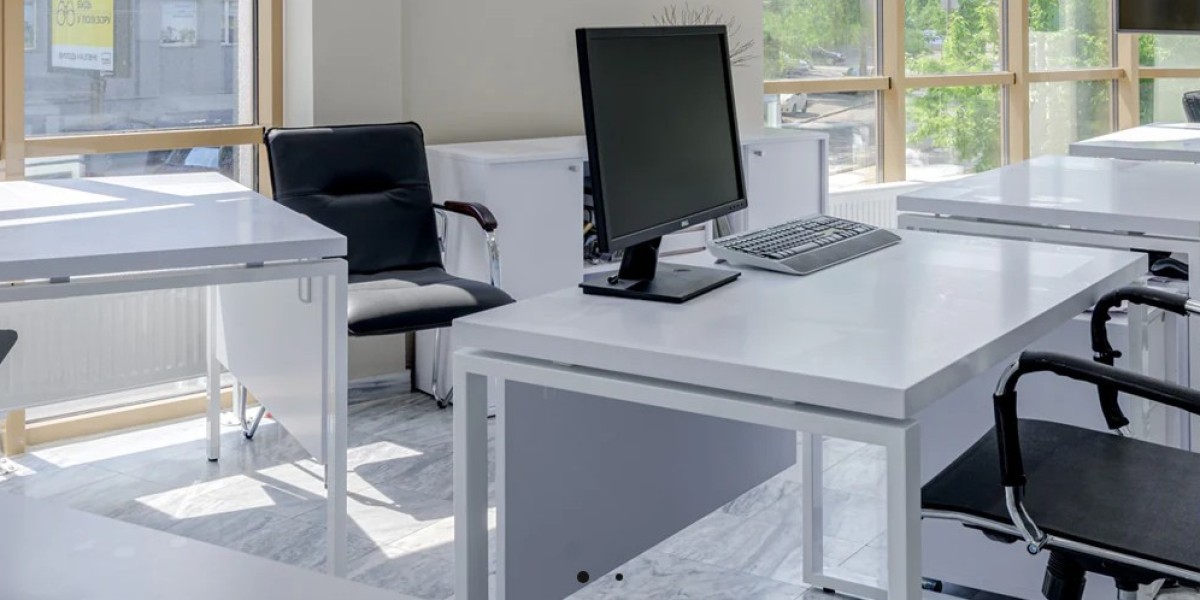Creating a sustainable home environment is more important than ever. By choosing eco-friendly furniture, you not only reduce your environmental impact but also create a healthier living space. Here's a guide to selecting eco-friendly furniture for a greener home.
1. Sustainable Materials
Reclaimed Wood
- Benefits: Using reclaimed wood reduces the need for new lumber, preserves forests, and gives new life to old materials. Each piece is unique, adding character and history to your home.
- Applications: Dining tables, bed frames, shelving units, and more.
Bamboo
- Benefits: Bamboo is a fast-growing, renewable resource that requires fewer pesticides and fertilizers compared to traditional hardwoods. It’s durable and versatile.
- Applications: Flooring, furniture, and accessories like cutting boards and utensils.
Recycled Metal and Plastic
- Benefits: Using recycled metals and plastics helps reduce landfill waste and conserve natural resources. These materials are often used in modern, industrial-style furniture.
- Applications: Chairs, tables, and storage units.
2. Non-Toxic Finishes and Adhesives
Low-VOC Finishes
- Benefits: Low-VOC (volatile organic compounds) finishes reduce the emission of harmful chemicals into the air, improving indoor air quality.
- Applications: Paints, stains, and varnishes used on furniture surfaces.
Water-Based Adhesives
- Benefits: Water-based adhesives are less toxic than solvent-based adhesives and have a lower environmental impact.
- Applications: Assembling furniture, particularly in upholstery and woodwork.
3. Ethical Manufacturing Practices
Fair Trade Certified
- Benefits: Fair Trade certification ensures that workers are paid fair wages and work in safe conditions. It also supports community development and sustainable practices.
- Applications: Look for Fair Trade certified furniture and home decor items.
Locally Sourced
- Benefits: Buying locally sourced furniture reduces the carbon footprint associated with transportation and supports local economies.
- Applications: Custom-made furniture from local artisans and manufacturers.
4. Durable and Timeless Designs
Quality Over Quantity
- Benefits: Investing in high-quality, durable furniture reduces the need for frequent replacements, minimizing waste and long-term costs.
- Applications: Opt for well-crafted pieces that can withstand daily use and maintain their appeal over time.
Timeless Aesthetics
- Benefits: Choosing classic designs ensures that your furniture remains stylish and relevant, reducing the desire to replace it frequently.
- Applications: Neutral colors, simple lines, and versatile pieces that can adapt to changing decor trends.
5. Upcycling and Repurposing
DIY Projects
- Benefits: Upcycling old furniture reduces waste and allows you to create unique, personalized pieces. It’s a cost-effective way to furnish your home sustainably.
- Applications: Transform old dressers into bathroom vanities, or use reclaimed doors as tabletops.
Secondhand Shopping
- Benefits: Buying secondhand furniture extends the life of existing pieces and prevents them from ending up in landfills. It's also budget-friendly.
- Applications: Explore thrift stores, online marketplaces, and antique shops for hidden gems.
6. Eco-Friendly Upholstery
Organic Fabrics
- Benefits: Organic cotton, linen, and wool are grown without harmful pesticides and chemicals, making them healthier for you and the environment.
- Applications: Sofas, chairs, cushions, and curtains.
Natural Dyes
- Benefits: Natural dyes are derived from plants and minerals, reducing the use of synthetic chemicals and pollutants.
- Applications: Upholstery fabrics, rugs, and throw blankets.
Conclusion
Incorporating eco-friendly furniture into your home is a significant step towards a more sustainable lifestyle. By choosing pieces made from sustainable materials, non-toxic finishes, and ethical manufacturing practices, you can create a greener and healthier living environment. Investing in durable, timeless designs, upcycling, and opting for eco-friendly upholstery further enhances the sustainability of your home. With these tips, you can furnish your home in a way that reflects your commitment to the planet while enjoying stylish and functional pieces.






